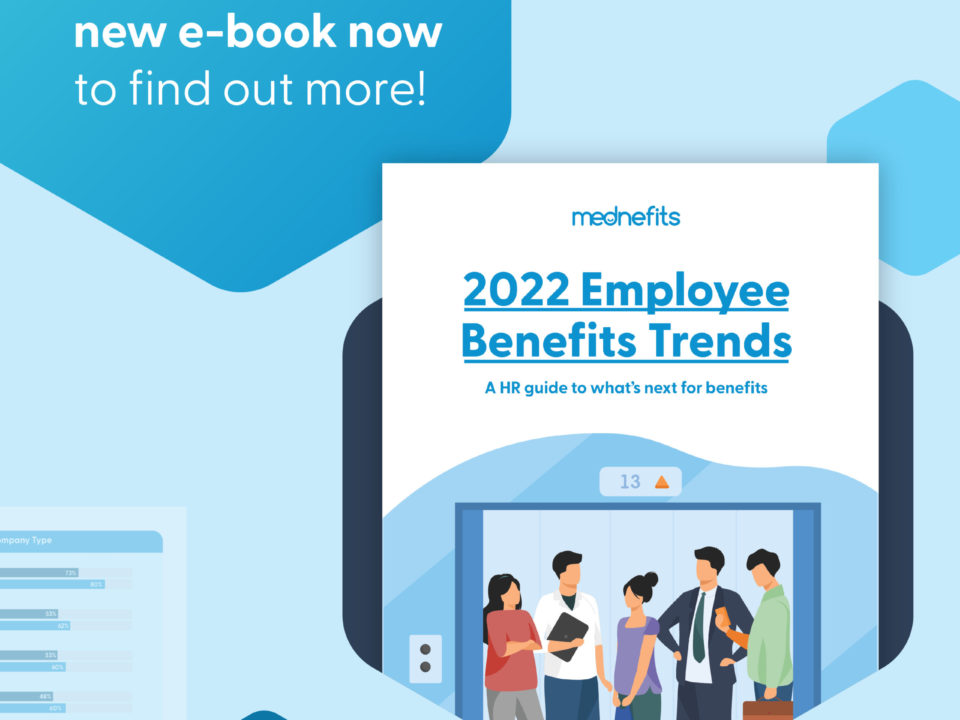
“We ensure that our workers are provided with the best medical benefits and access to wellness facilities.”
July 4, 2021
“Stretch your dollar by investing in a provider that genuinely cares for your people.”
July 5, 2021Financial support initiatives for SMEs in Malaysia
Resources
Financial support initiatives for SMEs in Malaysia

Financial Support initiatives for COVID-19 were announced on 27 February, 2020 with the 2020 Economic Stimulus Package, following the PRIHATIN Rakyat Economic Stimulus Package (27 March), the PRIHATIN SME Economic Stimulus Package (April 6) and the most recent PENJANA Stimulus Package (9 June) to help businesses recover from the impact of the global pandemic.
We’ll do our best to update this post as announcements emerge to keep our community aware of the types of government initiatives available:
PRIHATIN Rakyat Economic Stimulus Package
The Government and Bank Negara Malaysia has provided additional funds worth RM4.5 billion to assist SMEs which covers 5 key initiatives:
1) Special Relief Facility (SRF)
Additional RM3 billion is added to the Special Relief Facility (SRF) for SMEs. In addition, the interest rate for the entire fund will be reduced from 3.75% to 3.5%. The application period is valid till 31 December 2020.
To find out if you’re eligible to apply, check out this FAQ by Bank Negara Malaysia (BNM)
2) All Economic Sectors (AES) facility
RM1 billion is allocated for the All Economic Sectors (AES) facility. The AES program provides financing for SMEs that can be used for working capital to support growth or for capital expenditures.
In addition to the above, SMEs can also avail themselves to 3 other facilities under the Fund, namely the Automation and Digitalisation Facility (ADF), Agrofood Facility (AF) and Micro Enterprises Facility (MEF).
The overview features of BNM’s Financing Facilities can be found here
3) Micro Credit Scheme
Additional funds of RM500 million is allocated to the Micro Credit Scheme, administered by Bank Simpanan Nasional. Loan eligibility requirements are reduced to a minimum of 6 months of operation, the maximum financing amount is now RM75,000 for each entrepreneur. This scheme is open to all micro-entrepreneurs in all business sectors.
More information on how to apply can be found here
(Update: Applications have been closed on 22 May 2020 due to overwhelming response)
4) BizMula-i and BizWanita-i schemes
SMEs with business records of less than 4 years can also leverage the BizMula-i and BizWanita-i schemes for financing up to RM300,000 under the Credit Guarantee Malaysia Berhad (CGC).
To apply for BizMula-i and BizWanita-i schemes, download the application form here and submit the required documents.
5) Government Guarantee Schemes by SJPP
Syarikat Jaminan Pembiayaan Perniagaan (SJPP) will provide RM5 billion worth of guarantees and increase the guarantee coverage from 70% to 80% for SMEs that face difficulties in obtaining loans.
The schemes are listed on their website here.
To assist affected companies with cash flow constraints the Government has implemented the following measures:
6) Employer Advisory Services (EAS) programme
Introduced on 15 April, 2020, Employer Advisory Services (EAS) programme will assist employers so that they can continue retaining jobs by offering options to defer, restructure and reschedule the remittance of the employer's portion of monthly EPF contributions.
7) Employer COVID-19 Assistance Programme (e-CAP)
In addition to the EAS programme, the Employer COVID-19 Assistance Programme (e-CAP) was launched on 23 April, 2020 for SMEs to defer and restructure employer contributions.
To find how to apply for EAS/e-CAP visit this website
8) Human Resources Development (HRD) levy exemption
For Human Resources Development Fund (HRDF) registered employers, the levy has been exempted for all sectors for a period of six months beginning April 2020. The exemption period will end on 30th September, 2020.
9) Postponement of income tax instalment payments
All SMEs are allowed to postpone income tax instalment payments for a period of 3 months beginning 1 April 2020.
Additional PRIHATIN SME stimulus package
An additional RM7.9 billion is channelled to the Wage Subsidy Program as well as the creation of a RM2.1 billion Special Prihatin Grant for all eligible SMEs and micro businesses.
10) Wage Subsidy Programme
The wage subsidy programme now expanded to RM13.8 billion will ensure that all companies with local employees earning a monthly salary each of RM4,000 and below will receive wage subsidies as follows:
For companies with more than 200 employees, the subsidy is RM600 per month per employee.
For companies with 76 - 200 employees, the subsidy is RM800 per month per employee.
For companies with 75 or fewer employees, the subsidy is RM1,200 per month per employee.
Application for the subsidy can be made through the PERKESO portal.
PENJANA Stimulus Package
The fourth economic stimulus package includes new tax incentives, financial assistance for small and medium-sized businesses (SMEs), and job protection initiatives.
11) PENJANA SME financing (PSF)
To ease the cashflow problems of SMEs, the banking sector will provide RM2 billion at an interest rate of 3.5 percent. Eligible SMEs can apply for a maximum RM500,000.
Find out more details about PSF with your respective banks.
12) PENJANA microfinancing
Apart from SMEs, RM400 million has been allocated to micro enterprises at an interest rate of 3.5 percent. Eligible businesses can apply up to RM50,000.
An additional RM50 million has also been allocated to assist women entrepreneurs.
13) Digitalisation of SMEs
Grants and loans from 3 programmes have been rolled out to support SMEs who are looking to digitalise their operations or automate their business.
The SME Digitalization Matching Grant, developed in cooperation with telecommunication companies.
The SME Technology Transformation Fund, which has prepared RM500 million in loans. Application for the loans opens in July 2020; and
The Smart Automation Grant, totaling RM100 million. The amount that companies can apply for through this grant is capped at RM1 million.
14) SME Go-Scheme liquidity support
The Small Medium Enterprise Bank (SME Bank) will provide liquidity support up to RM1.6 billion to assist contractors who have been awarded a contract from Federal or State Governments, Ministries, Departments or Agencies.
As an SME ourselves, we’re always looking for ways to make it easier for businesses to take care of their employees and look forward to sharing more resources throughout this period.
About Mednefits:
Mednefits helps businesses take care of their employees with its automated, affordable, and accessible employee benefits platform. Request to join Mednefits for free to help process and track claims in real-time, while controlling costs.



